
Buying your first home is a dream come true. But it can easily become a nightmare, if things go wrong.
The most common mistake you can make is not having help at hand, like a lawyer who will help you through the process.
Yes, it comes at a cost but when lakhs or even crores are at stake, saving a few thousands is not the smartest thing to do. There are many other common mistakes.
...
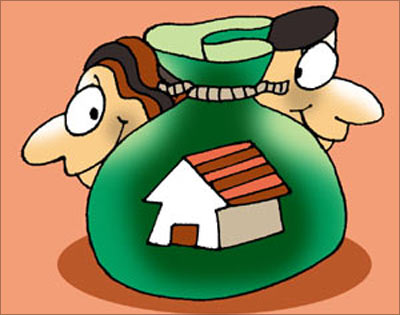

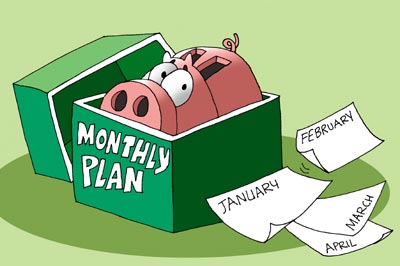
Not taking legal help
Most importantly, home buyers don't take legal help, which is needed to interpret certain property documents.
Lawyers are in a better position to read through the fineprint of house agreement. Within the agreement, a lawyer can better interpret the title certificates attached and if the plan has been passed legally. Also, it's important that the agreement is not one-sided and works to benefit both the builder and the buyer.
"Homebuyers don't spend enough money and time to verify documents while taking this decision. Hence, it's important you hire a lawyer who will help you read the fine prints of such documents," says Sanjay Dutt, executive managing director, South Asia, Cushman & Wakefield.
The legal fees may be in the range of Rs 5,000 to Rs 40,000, depending on the complexities of the document. Hence, when you spend a fortune on such an investment, it's important you take the legal route as well.
...
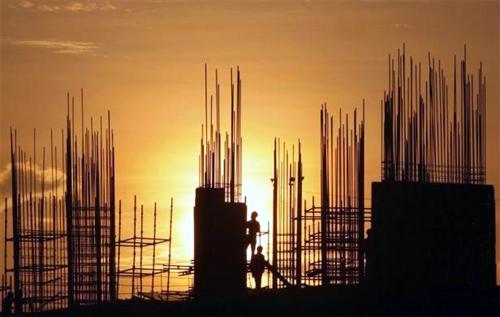
Don't go by the super-built up area
Many builders might advertise that the flat on sale is of 1,000 sq ft. It is only later you realise that the 1,000 sq ft includes areas like staircases, passages and lifts and so on.
Hence, it's important you know how much the usable/carpet area is. The carpet area is the actual usable area. The difference between super built-up and carpet area is called loading.
The homebuyer should always know what he's paying for. Often developers commit that loading won't exceed a specified limit. One should verify this against what the developer states and charges you for.
...
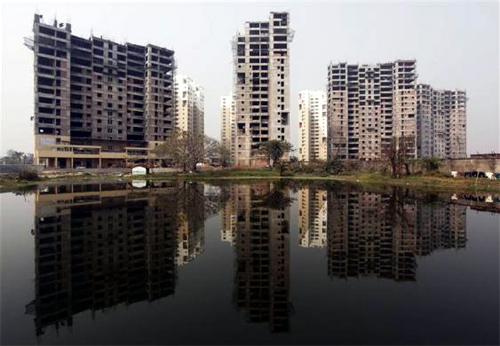
Builders might be building on it but sometimes, the land title can be disputed - something that happened to thousands of Mumbai buyers in the Borivali forest zone.
Around 500,000 Mumbaikars bought flats in "forest land", only to find that the title is disputed. While the government has collected as much as Rs 100 crore as penalty from the residents and developers to clear the title, the matter is yet to be resolved.
As a result, you can't even sell the property. Worse, there is no clarity on whether the properties under-construction will ever be completed.
...
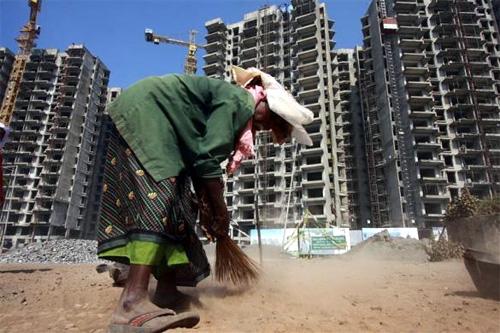
Getting lured by freebies
Individuals should avoid falling prey to marketing gimmicks like heavy discounts, holiday packages and freebies like gold coins, branded furniture and modular kitchens.
Chances of these getting offered on those homes are more which are small-ticket and less attractive.
This is seen in Tier-II and Tier-III cities. They should also avoid buying homes which could face connectivity issues and low potential for capital appreciation.